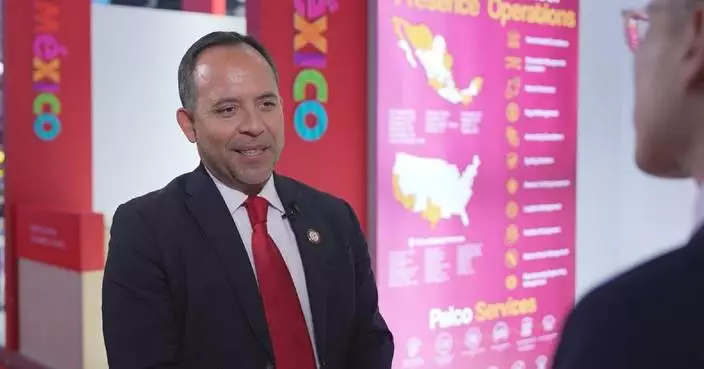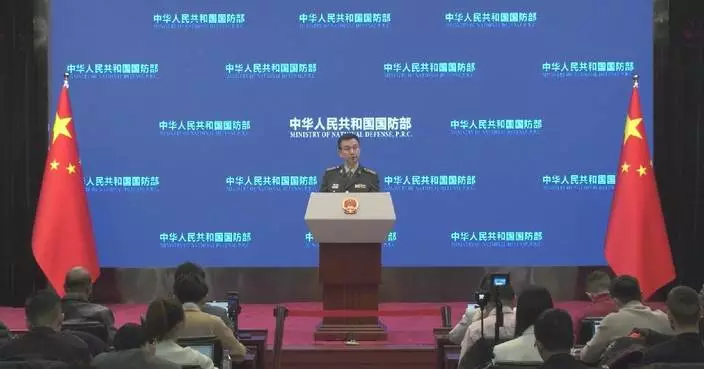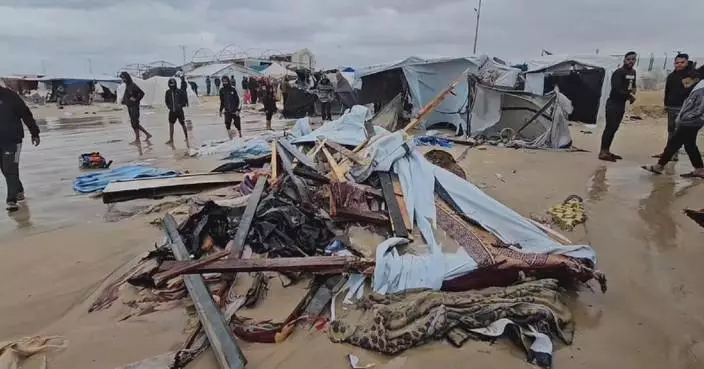Japanese experts said that the ruling coalition of the country will face considerable challenges and uncertainties in future political and economic governance as it loses majority in the lower house.
Japan's Diet convened for an extraordinary session on Thursday. The focus will be on reviewing the supplementary budget for fiscal year 2024 and discussions on amending the Political Funds Control Act.
The session will be the first full-fledged debate since the governing coalition of the Liberal Democratic Party and Komeito Party lost their majority in last month's lower house election.
Shozaburo Sakai, former president of Chuo University, a leading Japanese university in Tokyo, said as a minority government, the ruling coalition will face great challenges in promoting political and economic reforms.
"The Ishiba administration, which is in power as a minority, now relies most on winning the support of public opinion. Because the administration has become a minority in the lower house, it may face a challenge of a no-confidence motion at any time. If a no-confidence motion is proposed [by the opposition party], the minority government might be overthrown at any time," he said.
Sakai said that the current domestic prices in Japan has continued to rise, the cost of living for the people continues to rise, and raising the policy interest rate and curbing the depreciation of the yen are direct means to deal with rising prices.
However, under the influence of the previous long-term negative interest rate policy, the survival of small and medium-sized enterprises in Japan depends on bank loans, and the interest rate hikes are fatal to these enterprises, according to Sakai.
"The Ishiba administration needs to consider the cost of living of the people, so in order to curb price increases, it needs to guide the yen to appreciate steadily. However, if the yen is guided to appreciate, small and medium-sized enterprises will be in trouble and may even go bankrupt, which creates a difficult situation," he said.
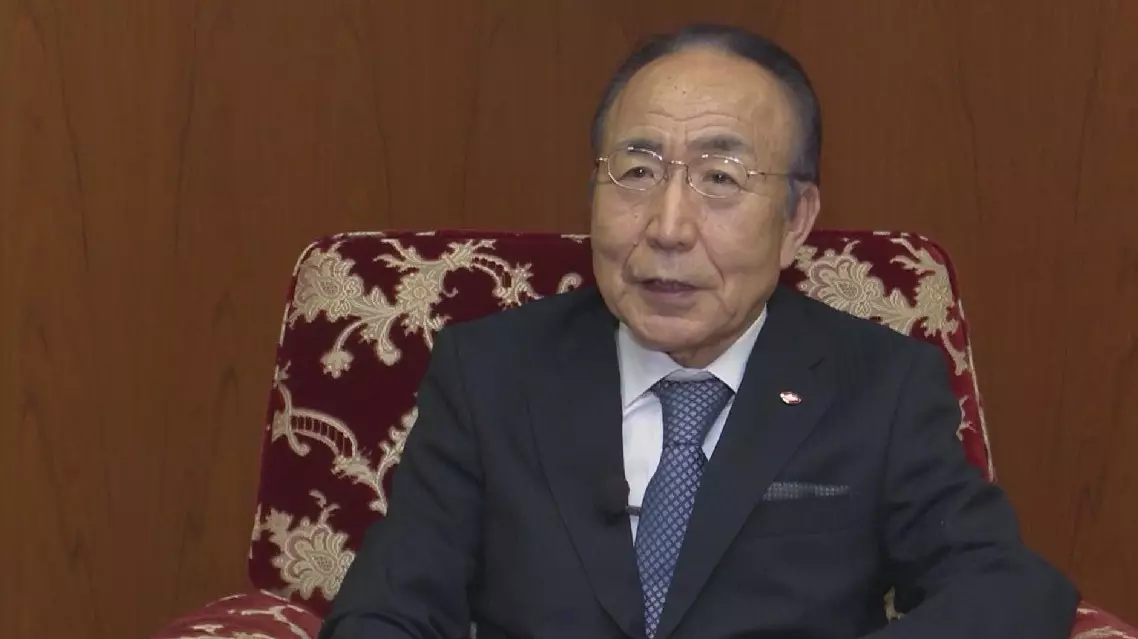
Japan's ruling coalition to face multiple governing challenges: expert
The situation still remains tense along the Israeli-Lebanese border although Israel and Hezbollah have reached a ceasefire agreement that took effect on Wednesday.
Israel's security cabinet on Tuesday night approved a ceasefire deal with Hezbollah, paving the way for an end to a nearly 14-month conflict between the two sides which, according to Lebanese health authorities, has killed 3,823 people and wounded 15,859 others in Lebanon.
The ceasefire took effect at 4:00 Wednesday, and over the next 60 days, the Lebanese army will regain control of its territory, while Israel will gradually withdraw, and civilians will be able to return home.
However, a China Media Group (CMG) reporter who went deep into Israel's northern border saw fewer vehicles driving on the road, and felt that more interference was encountered in telecommunications including the use of the GPS, which is a countermeasure by the Israeli side to disrupt Hezbollah's missile launches, indicating the entire area near the Israel-Lebanon border remains in a relatively high state of alert.
At Kiryat Shmona, one of Israel's northernmost towns, the Israel Defense Forces (IDF) has not lowered public security defenses in this place.
Israeli media have analyzed that the implementation of the ceasefire agreement is still full of uncertainties, and the possibility of a conflict cannot be ruled out if the agreement breaks down.
Kiryat Shmona, one of Israel's northernmost towns which is just three or four kilometers away from Lebanon, is one of the areas most severely attacked by Hezbollah rockets and missiles before the ceasefire. In previous clashes between Israel and Hezbollah before the ceasefire, people there could hear the sound of the Israeli army firing long-range artillery almost once every few minutes, including some sporadic gunshots and the sound of some Israeli drones hovering in the air for a long time. After the ceasefire, everything seems to have returned to somewhat calm.
However, the CMG reporter could still hear loud explosions, possibly from artillery firing, in Kiryat Shmona. Local media reports said the Israeli army discovered signs of activities of so-called Hezbollah militants in a village in southern Lebanon, and then bombarded the area with long-range artillery.
It is not clear what impact this move will have on the implementation of the ceasefire agreement, but it also fully illustrates the complexity of the implementation of the agreement.
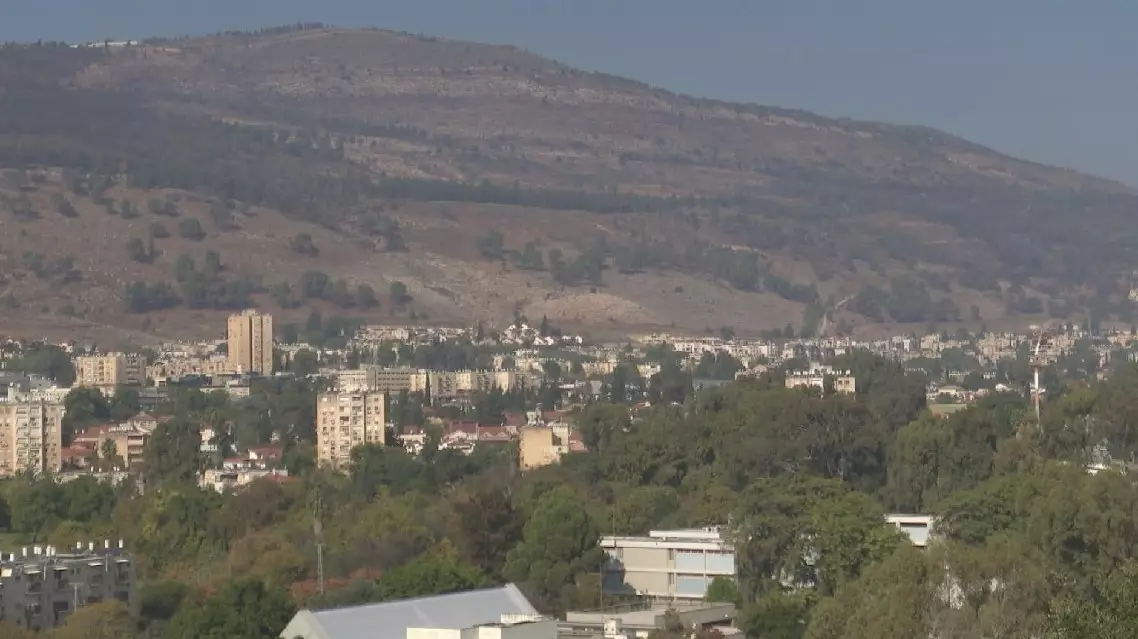
Tensions remain on Israel-Lebanon border amid Israeli-Hezbollah ceasefire
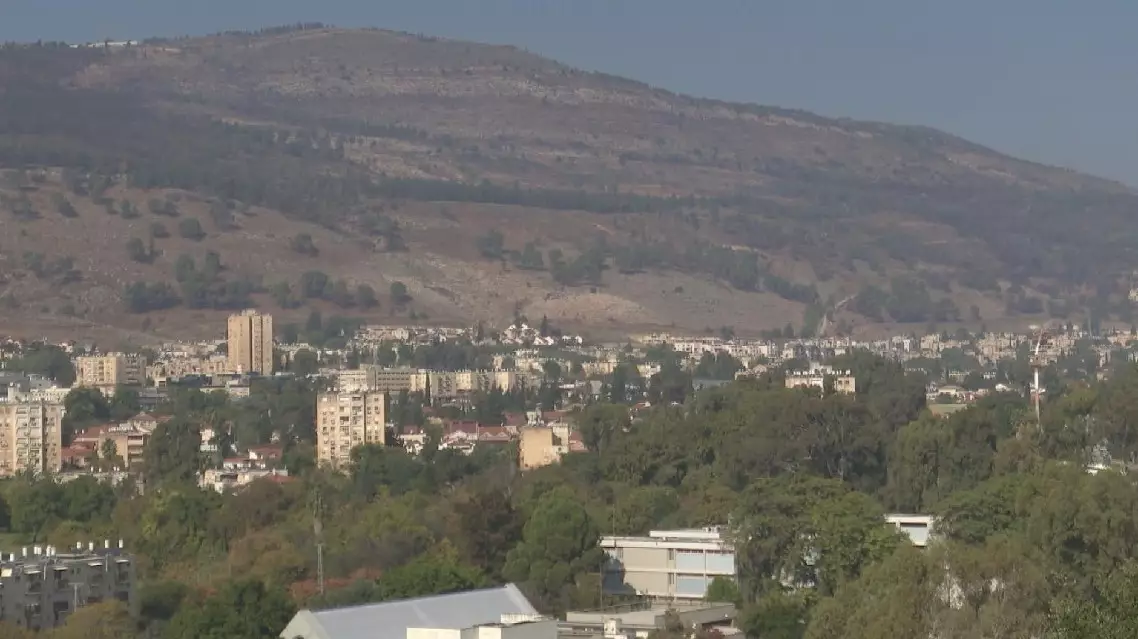
Tensions remain on Israel-Lebanon border amid Israeli-Hezbollah ceasefire





